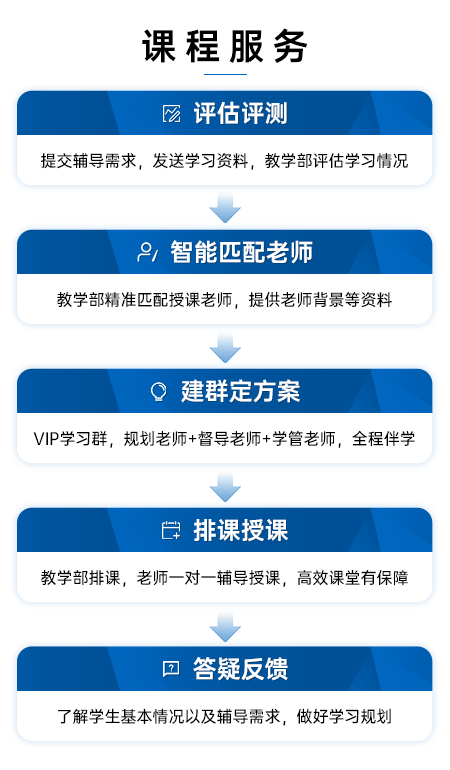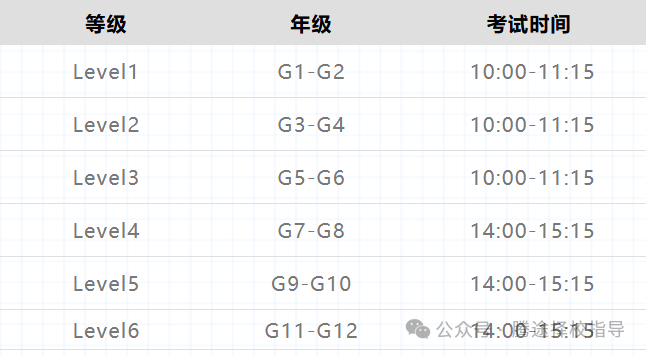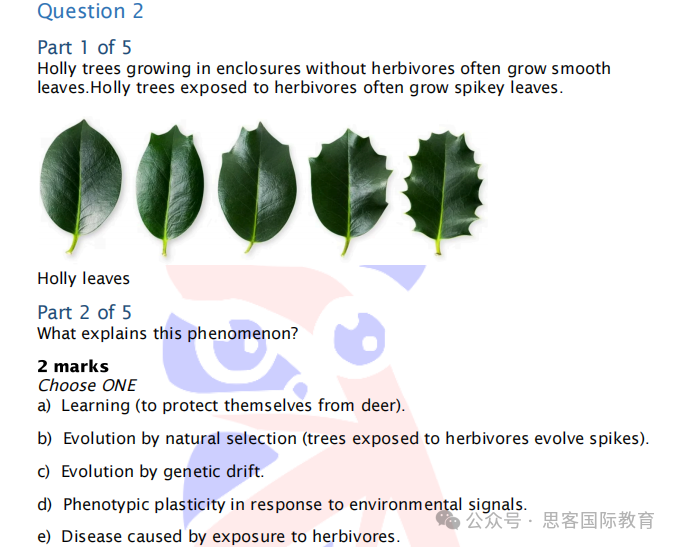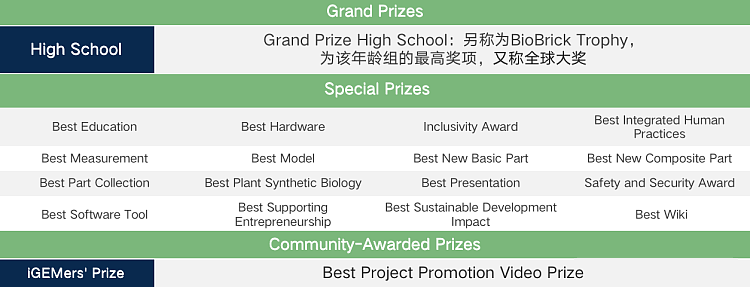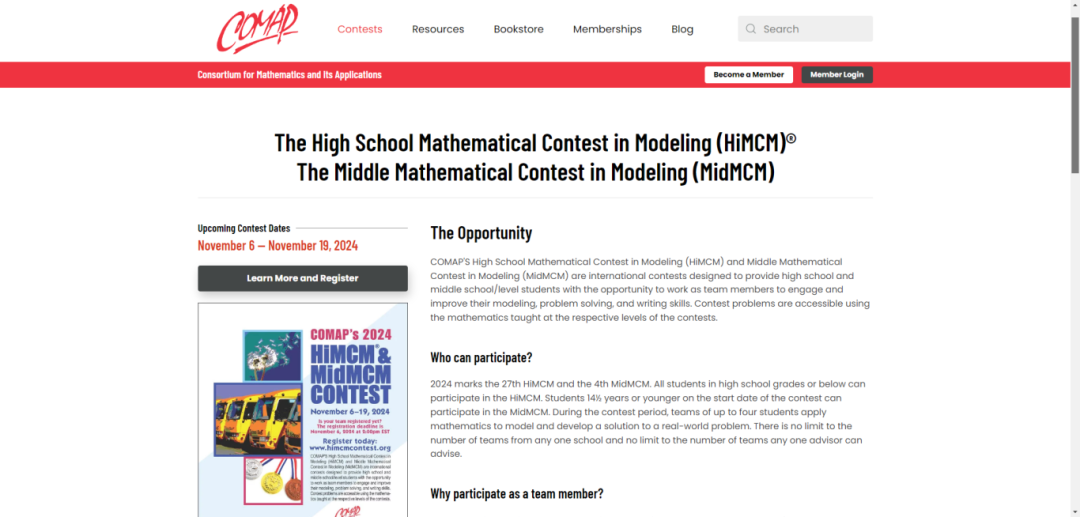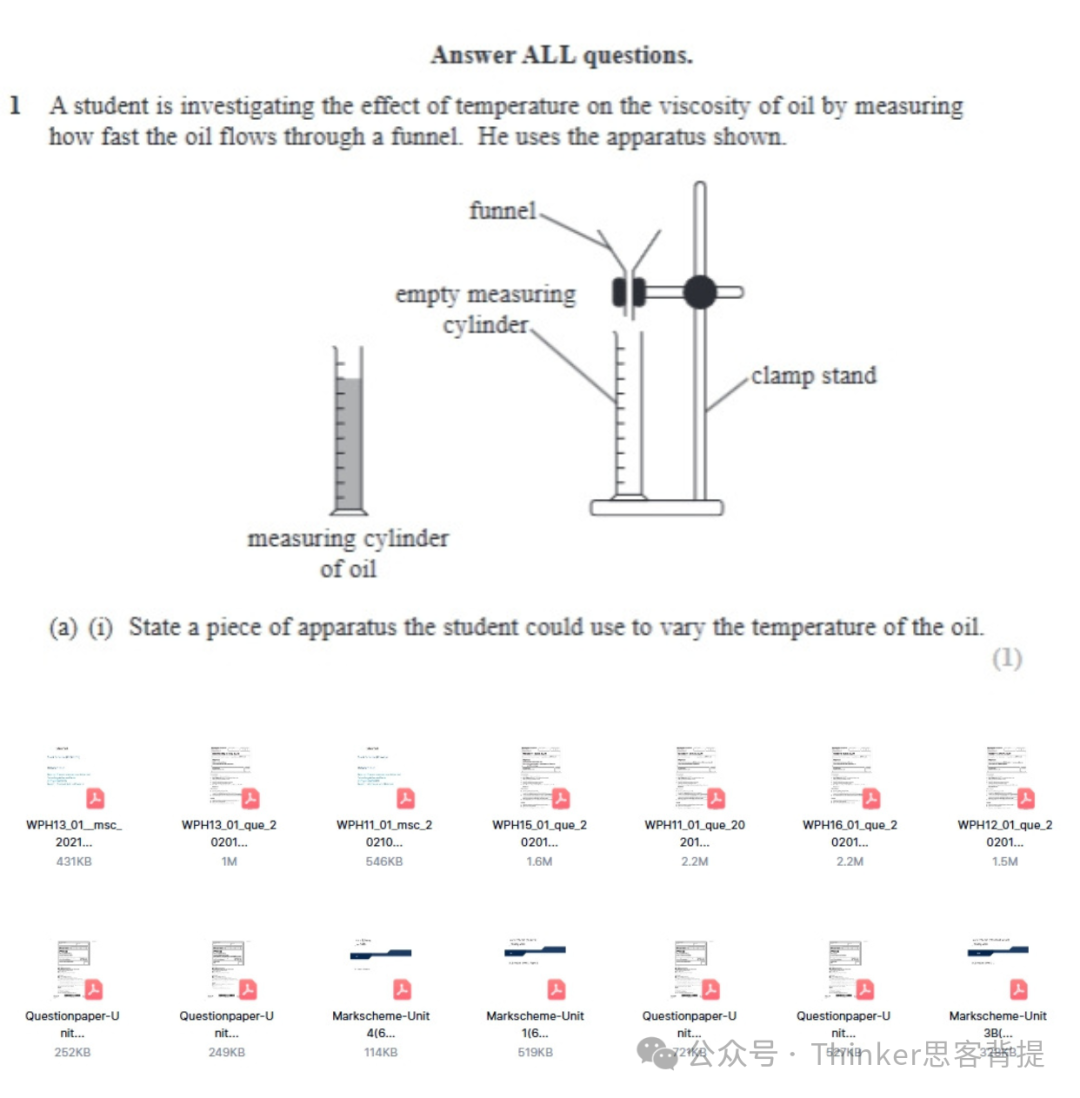3月期间我们会再加设一个“学术写作”班,为有需要的同学们在春季学期中同步进行学习。
学术写作课
对于将来希望留学的同学们来说,把英文学术写作比喻成任何一门学科的敲门砖,是毫不夸张的,但遗憾的是,太多同学们都是到了来美国上高中上大学后才认识到这个问题,那时才不得不挤课余时间找我们来补课,搞得同学们学习压力很大很辛苦。这个问题也是美国各大高校对新生十分头疼的一个问题。
NYU纽约大学每年都强制性地要求所有专业的国际留学大一新生,参加半年到一年不等的学术写作课程,学费自理;叶教授所在的大学也是每个学期结束时,各个院系教授一起专门开会,讨论有什么新方法能加强学生的写作能力。
学术写作是真正渗入到留学生们每天日常学习工作中的,无论是美高还是美本,硕士博士那就更不用说了。无论是人文学科的阅读分析,理工科的实验报告,商科的presentation讲稿,还是大到课程或者毕业论文,等等,都是学术写作的一部分。
它是一门必不可少的技能,但又与记叙文性质的文学创作有着截然不同的要求和规范,并不是口语好,词汇量大,就会学术写作了,它需要专门的学习掌握。国内的一些国际高中,还会简单讲一下学术写作要求(他们更重视口语听力这些利于体现教学成绩的项目),而国内的普通高中,那更是提都不提,导致学生们对一些最基本的概念,譬如什么是thesis,都一脸懵圈。这确实让我们感到无奈又可惜。
中文不太好的美国长大的同学们,也可以参看以下链接的英文版课程介绍:
“Academic Writing” Course Introduction
Academic Writing is something that truly permeates into our daily studying and working, whether it's in high school or college, and especially in graduate or doctoral programs. Whether it's the analysis of academic articles, the reports of experiments in STEM fields, presentations in business courses, or even theses and dissertations, academic writing is a crucial component. Academic writing is an indispensable skill that has vastly different requirements and standards compared to narrative literature or creative writing. Moreover, having good oral presentation skills and a large vocabulary doesn't automatically translate to proficiency in academic writing; it requires dedicated study to master.
Academic writing is the key that unlocks the door to any discipline and majors in colleges. Unfortunately, many students only realize this after entering colleges, and then have to squeeze in writing classes into their tight schedules, making the learning experience stressful and challenging. This issue has become such a headache for universities and colleges that many of them, like New York University (NYU), mandate academic writing courses to all freshman students of every major, which ranging from six months to a year. At Messiah University where Professor Ye teaches, professors from various departments would convene at the end of each semester to discuss new teaching methods to enhance students' writing abilities.
Our "Academic Writing" course starts from the basics of academic essays, covering all the way from how to brainstorm, draft, revise, to finalize papers, detailing the entire process and framework. Then, we would delve into the critical thinking process involved in writing, the three major elements of academic essays, characteristics and differences of various academic essay genres, and specific writing techniques and tips. Lastly, we would discuss common academic bibliography styles such as MLA and APA, how to correctly cite others' work to avoid unintentional plagiarism, and the specifics of citation guidelines. These are all essential components of academic writing.
Below is the course outline for our "Academic Writing" course. The course consists of 30 hours in total, divided into 15 lessons, with each lesson lasting 2 hours.
| 15 Lessons |
Table of Contents Total 4 chapters / 77 units |
| Lesson 1 |
Course introduction Document design: A gallery of models
- Sample e-mail message (PDF)
- Sample Résumé (PDF)
- Sample MLA formatting: essay (PDF)
- Sample APA formatting: essay (PDF)
C1: Planning
- C1-a: Assessing the writing situation
|
| Lesson 2 |
- C1-b: Exploring your subject
- C1-c: Drafting and revising a working thesis statement
- How to solve five common problems with thesis statements
- Student writing thesis statement examples analysis
- C1-d: Drafting a plan
|
Homework:
- EXERCISE C1-3 Purpose and audience
- EXERCISE C1-5 Thesis statements
- EXERCISE C1-7 Introductions
|
| Lesson 3 |
C2: Drafting
- C2-a: Drafting an introduction
- C2-b: Drafting the body
- C2-c: Drafting a conclusion
|
| Lesson 4 |
C5: Writing paragraphs
- C5-a: Focusing on a main point
- C5-b: Developing the main point
- C5-c: Choosing a suitable pattern
|
Homework:
- EXERCISE C5-2 Topic sentences
|
| Lesson 5 |
- C5-d: Making paragraphs coherent
- C5-e: Adjusting paragraph length
|
Homework:
- EXERCISE C5-4 Transitions
|
| Lesson 6 |
C3: Reviewing, revising, and editing
- Nancy Somers on the Composing Process Video
- C3-a: Seeing revision as a social process
- C3-b: Using peer review: Revise with comment
- C3-c: Using peer review: Give constructive comments
- How to write helpful peer review comments
- Strategies for revising with comments
- C3-d: Highlights of one student's peer review process
- C3-e: Approaching global revision in cycles
- C3-f: Revising and editing sentences
- How to improve your writing with an editing log
- C3-g: Proofreading the final manuscript
- C3-i: Formatting the final manuscript
|
Homework:
- EXERCISE C3-1 Conducting a peer review
|
| Lesson 7 |
- Writing guide: How to write a literacy narrative
- C3-h: Sample student revision: Literacy narrative
C4: Preparing a portfolio; reflecting on your writing
- C4-a: Understanding the benefits of reflection
- C4-b: student writing: Reflective letter for a portfolio
- Writing guide: Reflective letter
|
Homework:
- EXERCISE C3-2 Choosing an appropriate point of view
|
| Lesson 8 |
A1: Reading and writing critically
- A1-a: Reading actively
- How to read actively (video 3:01)
- How to read like a writer
- A1-b: Outlining a text to identify main ideas
- A1-c: Summarizing to deepen your understanding
- A1-d: Analyzing to demonstrate your critical thinking
- How to draft an analytical thesis statement (video 3:15)
- How to draft an analytical thesis statement
- What is an analytical essay? (video 2:41)
- Writing guide: Analytical essay
- A1-e: Sample essay: Analysis of an article
|
| Lesson 9 |
A2: Reading and writing about images and multimodal texts
- A2-a: Reading actively
- A2-b: Outlining to identify main ideas
- How to write a summary of a multimodal text
- A2-c: Summarizing to deepen your understanding
- A2-d: Analyzing to demonstrate your critical reading
- A2-e: Sample student writing: Analysis of an advertisement
A3: Reading arguments
- What is a researched argument? (video 2:41)
- A3-a: Distinguishing between reasonable and fallacious argumentative tactics
|
Homework:
- EXERCISE A3-1 Logical fallacies
|
| Lesson 10 |
- A3-b: Distinguishing between legitimate and unfair emotional appeals
- A3-c: Judging how fairly a writer handles opposing views
A4: Writing arguments
- A4-a: Identifying your purpose and context
- A4-b: Viewing your audience as a panel of jurors
- A4-c: Establishing your credibility and stating your position
|
Homework:
- EXERCISE A3-2 Evaluating arguments
|
| Lesson 11 |
- How to develop an argumentative thesis (video 2:45)
- How to draft a thesis statement for an argument
- A4-d: Backing up your thesis with persuasive lines of argument
- A4-e: Supporting your claims with specific evidence
- A4-f: Anticipating objections; countering opposing arguments
- How to address a counterargument (video 2:45)
- A4-g: Building common ground
- A4-h: Sample student writing: Argument
- Writing guide: Argument essay
|
| Lesson 12 |
A5: Speaking confidently
- A5-a: Identifying your purpose, audience, and context
- A5-b: Preparing a presentation
- How to deliver a speech or presentation
- A5-c: Remixing an essay for a presentation
|
Homework:
- Essay Assignment: Analytical and Argumentative Essay
|
| Lesson 13 |
MLA: MLA Papers
- MLA-1: Supporting a thesis
- MLA-2: Citing sources; avoiding plagiarism
|
Homework:
- EXERCISE MLA 1-1 Thesis statements in MLA papers
- EXERCISE MLA 2-3 Avoiding plagiarism in MLA papers
- EXERCISE MLA 2-7 Recognizing common knowledge in MLA papers
|
| Lesson 14 |
- MLA-3: Integrating sources
- Citation at a glance (MLA)
- MLA-4: Documenting sources
|
Homework:
- EXERCISE MLA 3-1 Integrating sources in MLA papers
- EXERCISE MLA 3-5 Integrating sources in MLA papers
|
| Lesson 15 |
- MLA-4: Documenting sources
- MLA-5: Manuscript format; sample research paper
|
Homework:
- EXERCISE MLA 4-1 MLA documentation: in-text citations
- EXERCISE MLA 4-4 MLA documentation: identifying elements of sources
- EXERCISE MLA 4-6 MLA documentation: works cited
|
| Total: 15 lessons / 30 hours |







